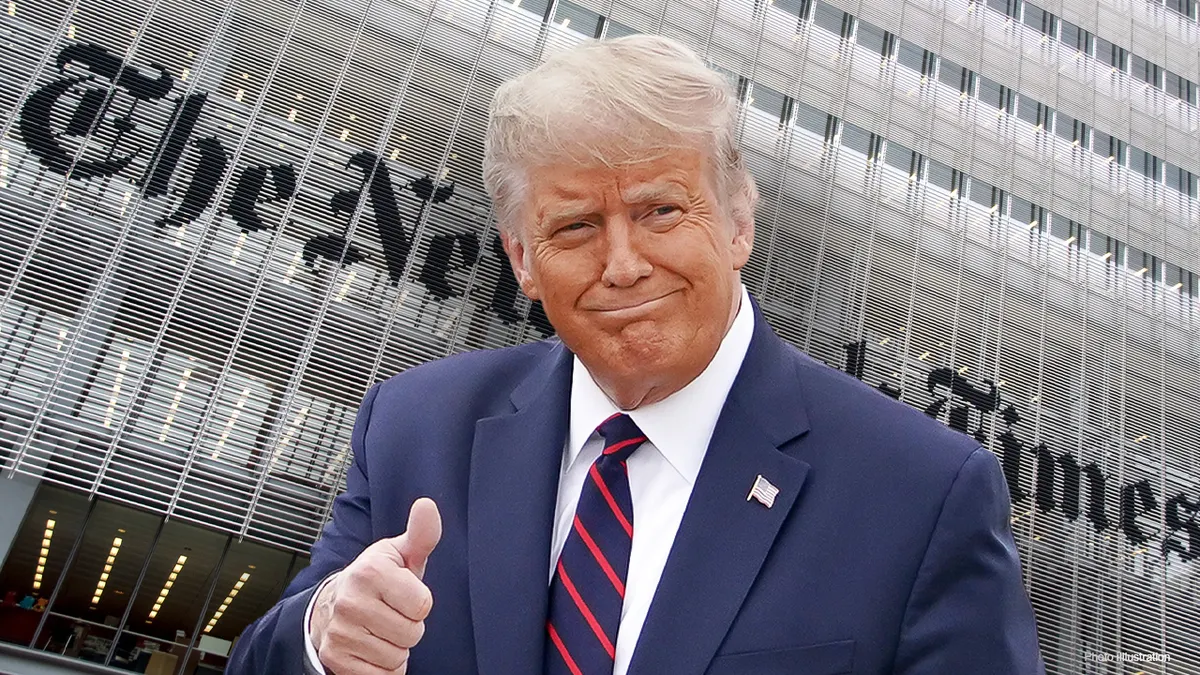
US President Donald Trump has signed an executive order exempting a wide range of food products — including coffee, bananas and beef — from his broad import tariffs, a significant shift as the administration confronts intensifying concerns over rising consumer prices.
The move marks a notable adjustment for Trump, who until recently dismissed cost-of-living issues but has sharpened his focus on inflation following the Republican Party’s disappointing results in last week’s elections.
The White House list of newly exempt items spans dozens of goods, from avocados and tomatoes to coconuts, mangoes and other staples the administration says “cannot be produced in sufficient quantities domestically.”
Trump’s sweeping tariff regime currently includes a baseline 10% levy on imports from all countries, with additional penalties applied to specific trading partners. For years, he has insisted these tariffs would not raise prices for American consumers and has argued they were necessary to shrink the US trade deficit and punish foreign “cheaters” who he says have taken advantage of the country.
But soaring grocery costs — especially the price of beef — have increasingly become a political vulnerability. Last week, Trump demanded a federal probe into the meat-packing industry, accusing companies of “illicit collusion, price fixing, and price manipulation.”
He has also sought to bolster public support for his tariff policies by proposing $2,000 rebate checks for Americans, even as the Supreme Court considers whether he had legal authority to impose the tariffs in the first place.
The new exemptions, however, represent a clear recalibration. By lifting levies on key food imports, the White House hopes to ease pressure on household budgets without touching industries that compete directly with domestic producers.
Speaking to reporters Friday, Trump said the rollback only targets products largely unavailable from US sources. “There’s no protection of our industries, or our food products,” he said, adding that he does not expect further tariff reversals. “We just did a little bit of a rollback on some foods, like coffee… Now prices will be on the low side in a very short period of time.”
Economists have long cautioned that tariffs raise consumer costs by pushing companies to pass the added expenses on to buyers. Although September inflation came in milder than expected, most categories in the Labor Department report showed increases — with grocery prices up 2.7% over the past year.
According to the White House, the new food tariff exemptions took effect retroactively at midnight on Thursday, 13 November.
In a separate effort to address grocery price concerns, the administration also announced that import taxes on coffee and bananas would be lowered under new trade agreements with four Latin American countries.
This week, Trump and Treasury Secretary Scott Bessent vowed to cut US coffee prices by 20% before the end of the year.



